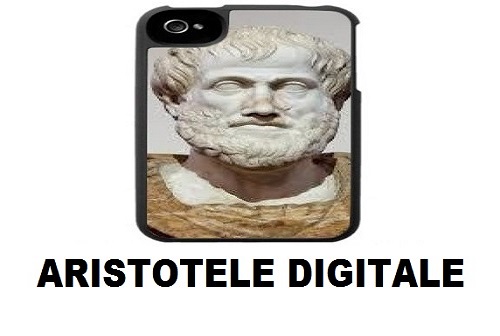Please see the gleaning of last week, Christianity, the sacred and the political.
There seem to be two fundamental ways of holding a society together or of doing politics. On the one hand, belonging to something that transcends, such as a religious identity by invoking the sacred, and similarly belonging to an anthropic prejudice that relies on race, its purity, or on a common language that justifies the same membership. On the other hand, producing and representing a pact between different people who thus mediate mutual interests.
In the first case the decision, that is the political, is legitimized in what transcends (nature, divinity and even more …); in the second, it depends on the will of those who act with whatever purpose it may be, beyond the relationship between shared morality and individual interest. Only their specific power risks.
In the first case, the one who decides embodies transcendence, he/she identifies and allows himself/herself to be identified. For example, the king is inevitably other than himself, he has a mortal body and an immortal body because he transcends his own finitude. In the second case, he/she is simply the one who has the opportunity, case by case, power to power, to decide. Therefore, he/she tends towards availability, mediation, and towards what we now call democracy.
In the first case, politics and religion are in analogy, if not in harmony (the king is potentially god); in the second case, the separation between religion and politics takes place and slowly what we have been labeling for some time with the word secularism takes shape (the deciding sovereign is a function of interests).
Between what becomes religio (what holds together), royalty, and what becomes right (what justifies the decision: the world usually called secular), the sacred always re-emerges in its terrible and metamorphic stubbornness.
The two ways transcendent / immanent, religious / secular, however, fail to give us an account of the political.
Let’s try then: what is the political?
Here are some paths, within but also beyond the sacred:
it is the exercise of power;
it is the art of government;
it is the possibility of decision;
it is conflict control;
it is the redistribution of public goods;
it is to convince and mobilize;
it is prefiguring the future;
it is to trace the possible;
it is to build possible worlds;
it is to represent interests:
………….
and, as Carl Schmitt would say,
it is to decide between friend and foe;
it is to decide on the state of exception.
Certainly, the political, however one sees it, is a discipline without a subject and without an object. It is without a subject because even when it is set as absolute domination – kingship made sacred. The decision is justified by something other than the deciding subject. Even if in a totally different way, the same happens for the contemporary forms of decision of power.
The question is: given these premises what is politics in digital? Certainly, it is not what we have always thought to be politics or, better, the political.
You can also read the previous articles:
Christianity, the sacred and the political








